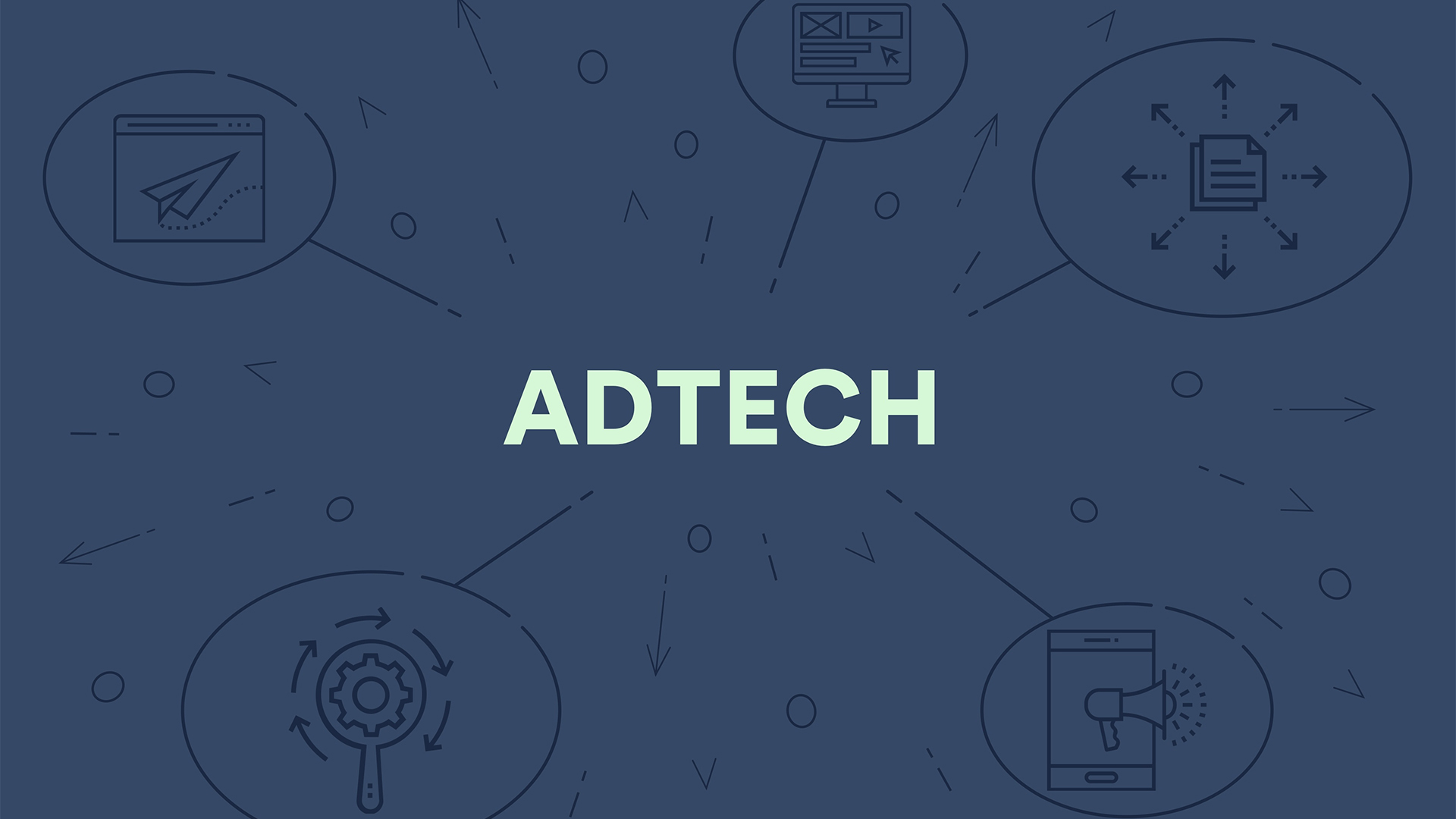
AI Won’t Make You A Great Ad, But It Can Get You There Faster, Says Kochava
25 March 2024

‘What next for Generative AI and adtech?’ Ethan Lewis, CTO at Kochava.
Recent research from Digiday found that a staggering 71% of marketers are already using AI for their consumer-facing copy generation and more than half (51%) of marketers are accessing chatbots and AI assistants in their work.
According to Ethan Lewis, CTO at Kochava, in its current form, AI is unlikely to draw in thousands of new users on its own, but that’s not to say marketers aren’t using it to their advantage. To this end, in a recent Harvard Business Review article on AI and creativity, surmised from a real-world experiment on best practices for developing better and more-creative ideas faster, treat Generative AI as a partner in a structured conversation vs limiting your team’s creativity.”
Below, Lewis shares insights on what’s next for AI in the adtech space.
Lewis said: “It’s important to stress that in most cases generative AI is not being used to replace humans or the entire ad-making process, but instead it is creating outputs informed by all of the unstructured data that advertisers and publishers have. In many cases, it is often being integrated into other tools that marketers are using to ensure they are receiving actionable outputs that can shape their next campaigns.
“For example, we know that 70% of Apple App Store visitors use search to find their next app and there is plenty of data marketers have available to them that they can use to target their next user. Generative AI can use data on features, language preferences, regional nuances and already-established keywords to reveal new and better keywords. In many ways, it will make marketers more efficient and help them see the data more clearly, quickly coming up with creative ideas that work.”
Application and solution development
Lewis: “AI is already enhancing developer experiences. Leveraging AI for intelligent applications, democratizing access to advanced technologies, and adapting to regulatory changes in the app store landscape, will fundamentally help organisations rapidly transform and improve their business.
“Accessing AI-driven insights and recommendations will allow developers to tailor apps to users and advance data-driven decision-making. Tools like Kochava AI prompt powered by Generative AI for example, uses AI to create accessible and digestible data-driven insights using natural and native language processing to allow marketers to engage with their data via AI while it remains secure. This means end-users are able to rapidly measure the success of their campaigns and gain a better understanding of their performance.
“All of this will transform the experience for customers, users, product owners, architects, and developers. In particular, AI can facilitate newfound levels of hyper-personalisation for audiences and ensure that end-users are receiving ads in their preferred way, a way that is most likely to convert them and meet their needs and wants.
“For many marketers, the biggest difference AI can make is to reduce the time it takes to structure and tag data for input into models. Now transformers and LLMs are making this process far easier and more efficient.”
Leveraging AI for creativity
Lewis: “In a creative context, moving forward there will be stronger calls for the introduction of citations in LLMs to emphasize transparency and ensure that the value of data can be verified. We’ll likely see a shift towards small language models that are built on data sets that marketers have more control over and can be curated.
“More broadly speaking, finding the right blend of people and data is crucial. There’s still work to be done in ensuring that a marketer’s years of experience and familiarity with their brand can be input into an AI-based model. Brand guidelines can on occasion be concepts that aren’t quite as tangible as an AI model would like.
“Where technology can fit in however is that it can make suggestions based on data alone, positing a new viewpoint that is hard to see at first. Above all, remember to take GenAI at face value and trust your experience and instincts too.”
What’s next for marketers?
Lewis: “Historically, marketers have needed to know so much about their customers going into an ad campaign, and be able to use that knowledge within the constraints of cost and time. But now, AI can use the data that you already have to teach you new things about your customers, and uncover what makes them tick.
“The recent hype around AI has also arguably granted permission for marketers to test new models and see how they can improve their processes, as there is a greater trust, awareness and appetite for AI from developers and end-users alike.
“The biggest concern for marketers in the near future will be ensuring that they have the time to train new models, as well as validating and assessing their outputs. For smaller players, it’s wise to leverage the capabilities of partners and experts who can add these efficiencies and tools to your roster for you.”

Technology
25 March 2025
Ransomware-As-A-Service Variants on the Rise With Critical Infrastructure Providers at the Greatest Risk

Business Advice
25 March 2025
Claims Processing Automation: How Insurers Can Cut Costs and Improve CX

Technology
18 March 2025
Secret Signs Your Internet Security Has Been Compromised






















